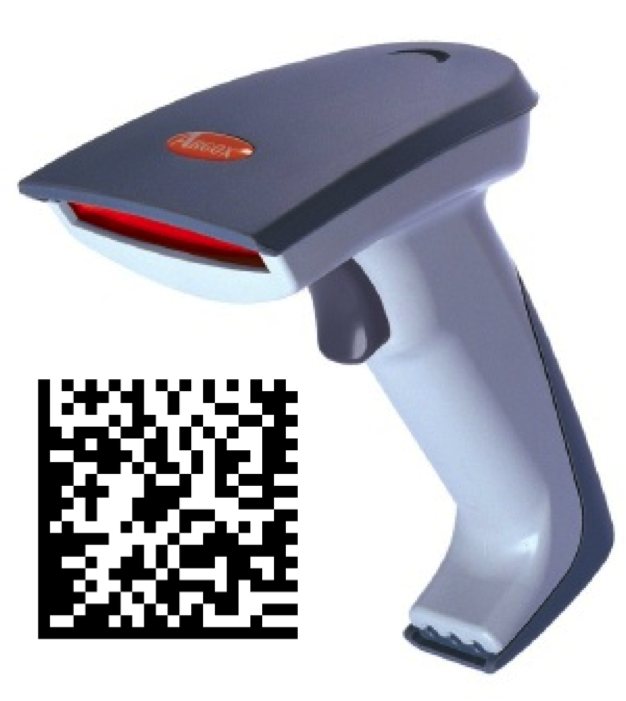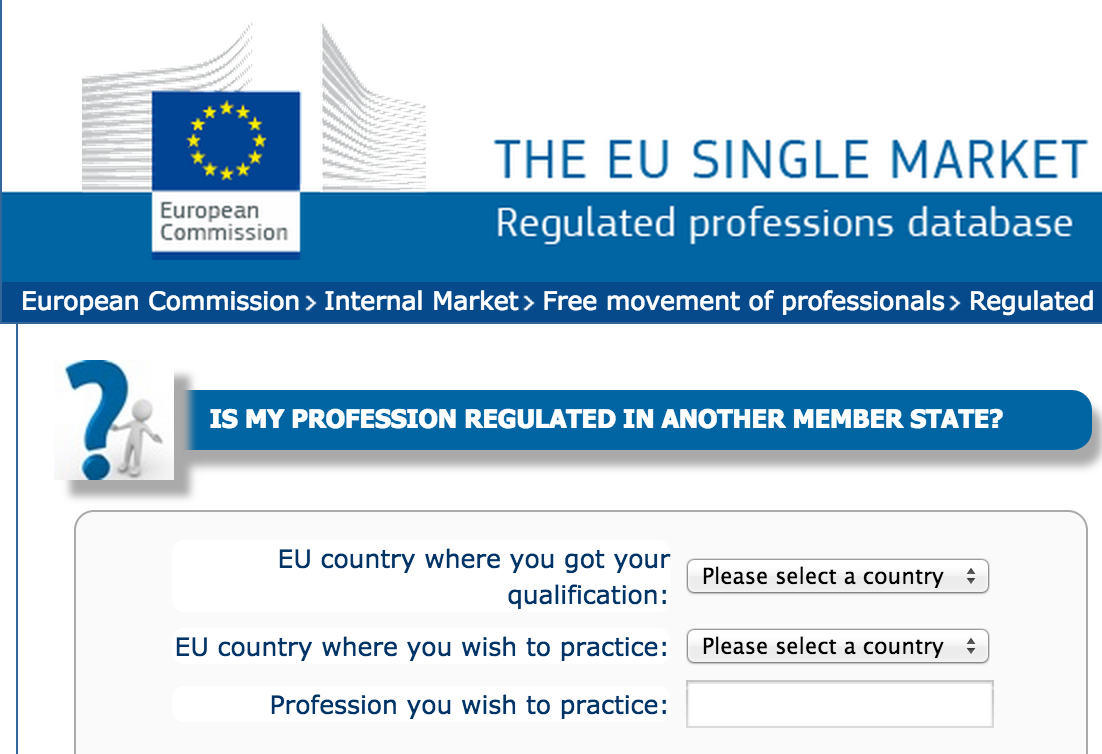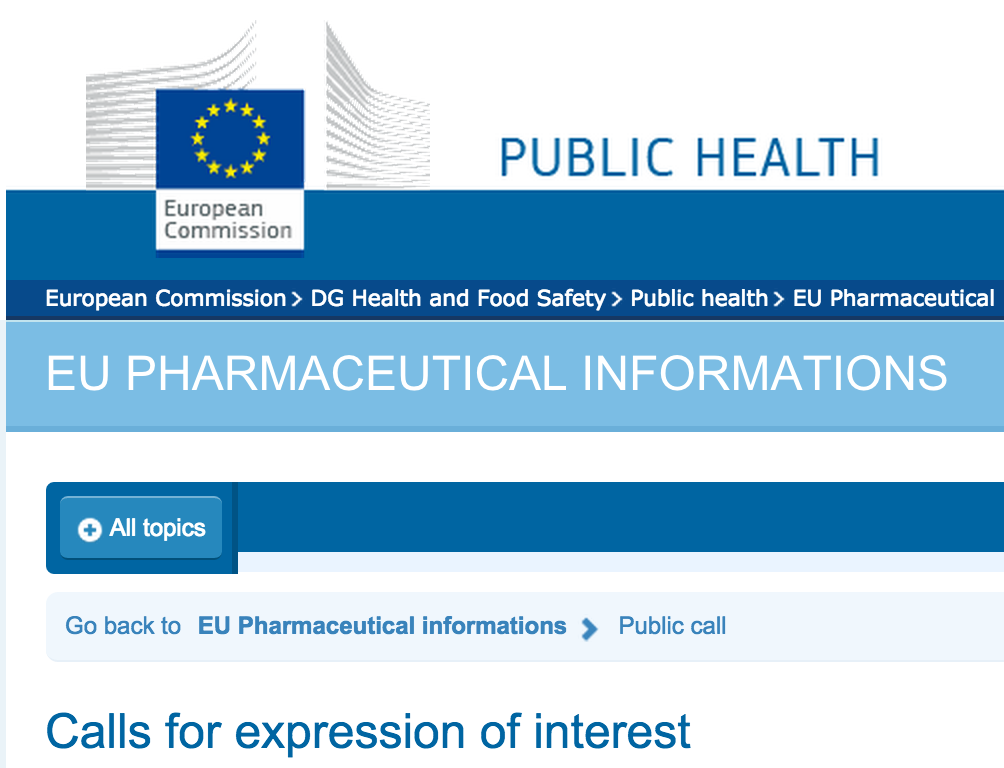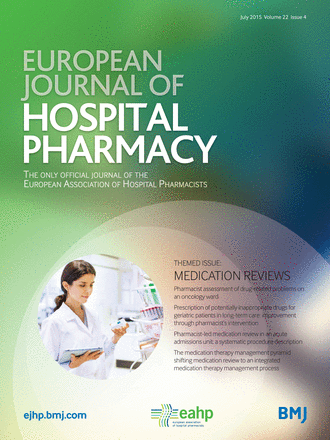 The EAHP EU Monitor is a regular round up of news relevant to hospital pharmacy in Europe.
The EAHP EU Monitor is a regular round up of news relevant to hospital pharmacy in Europe.
You can subscribe to receive the EAHP EU Monitor by email here.
 EAHP BRIEFING: EUROPEAN COMMISSION PUBLISHES FALSIFIED MEDICINES DIRECTIVE DELEGATED ACT
EAHP BRIEFING: EUROPEAN COMMISSION PUBLISHES FALSIFIED MEDICINES DIRECTIVE DELEGATED ACT
The European Commission has published the long-awaited draft text of the ‘Delegated Act’, setting out the requirements for the future system of medicines verification that must operate in all EU countries by a 2018 deadline.
The full text of the draft Delegated Act is available here.
5 key points to note from the text are:
1) The Unique Identifier and its components
The system of medicines verification will be underpinned by the placing of a ‘unique identifier’ on every package of medicine produced in the EU.
The Delegated Act mandates that the unique identifier take the form of a 2D barcode containing:
- the product code;
- a serial number;
- the batch number;
- the expiry date; and,
- the national reimbursement number (if requested by the EU Member State)
2) An end-to-end verification system, not full track-and-trace
The Delegated Act describes the requirement for the future medicines verification systems in Europe to be “an end-to-end verification system supplemented by risk-based verifications by wholesalers”.
This means the critical points in the verification system are at the production stage (when the unique identifier is placed on the outer packaging) and at the point that the medicine is “being supplied to the public” (which the Commission describes as meaning “at pharmacy level”) when the unique identifier will be scanned to ensure authenticity, and thereafter the unique identifier will be marked in the data repository as “checked out”. This is aimed to prevent any further unscrupulous use of the packaging by counterfeiters.
In very practical terms, it means that the system requires pharmacists in both community and hospital settings to ensure medicines are verified for their authenticity and ‘checked out’ of the repository system before the medicine is provided to patients. The check out will be conducted via a scan of the 2D barcode on the outer packaging containing the unique identifier.
3) A verification system operated by ‘stakeholders’
As set out in the explanatory memorandum of the Delegated Act, the Commission expects that “The repositories system containing the unique identifiers should be set up and managed by stakeholders. National competent authorities should however be able to access and supervise the repositories system”.
More specifically, the Delegated Act goes on to state: “The repositories system should be established and managed by the marketing authorisation holders, since they are responsible for placing the product on the market, and by the manufacturers of medicinal products bearing the safety features, since they bear the costs of the repositories system”.
In practical terms, this means that the verification system will almost certainly be operated by the European Medicines Verification Organisation (EMVO), a collaboration of the European pharmaceutical industry (represented by the European Federation of Pharmaceutical Industry and Associations as well as the European Generic and Biosimilar Medicines Association), wholesalers (represented by the European Association of Pharmaceutical Full-line Wholesalers, and the European Association of Euro-Pharmaceutical Companies), and pharmacists (represented by the Pharmaceutical Group of the European Union).
4) Flexibility provided to healthcare institutions in respect of when to perform verification
The text of the draft Delegated Act states:
“In order to avoid an excessive impact on the daily operations of healthcare institutions, it should be possible for Member States to allow persons authorized or entitled to supply medicinal products to the public operating within healthcare institutions to perform the verification of the authenticity and the decommissioning of a unique identifier earlier than the time the medicinal products is supplied to the public, or exempt them from this obligation, subject to certain conditions.”
This is an important flexibility for hospital pharmacists to have awareness of. In practical terms, it should enable each hospital to determine at what stage they wish to conduct their verification responsibilities, including the choice between verification on arrival to the hospital, or at a later stage, such as departure from the dispensary.
A ‘healthcare institution’ is defined in the Delegated Act as meaning “a hospital, in- or out-patient clinic or health centre.
5) A 10 day limit between a medicine being checked out, and still being able to return the medicine
Article 13 1 (b) of the draft Delegated Act means that after a period of ten days has passed since a pharmacy checked out a medicine, the status of the unique identifier on the outer packaging can no longer be reverted to active.
In the following months this issue will be a key area of EAHP investigation with the Commission, system operators and others. EAHP has consistently expressed its view that the 10 day limit could have damaging unintended impacts for medicines waste and potentially medicines shortage.
……………………………………………………………………………………………………………………………………………………………….
 EAHP BRIEFING: EUROPEAN COMMISSION’S MUTUAL EVALUATION EXERCISE ON PROFESSIONAL REGULATION
EAHP BRIEFING: EUROPEAN COMMISSION’S MUTUAL EVALUATION EXERCISE ON PROFESSIONAL REGULATION
Some EAHP members have been approached by their national governments in regard to the European Commission’s “mutual evaluation exercise” on regulated professions. A short briefing follows giving the background to the exercise and its relevance to hospital pharmacy and a future common training framework for the profession at the European level.
What are the origins of the exercise?
In legal terms the exercise originates from Article 59 of the 2013 Professional Qualifications Directive reforms:
“‘Article 59 Transparency1
1.Member States shall notify to the Commission a list of existing regulated professions, specifying the activities covered by each profession, and a list of regulated education and training, and training with a special structure, referred to in point (c)(ii) of Article 11, in their territory by 18 January 2016. Any change to those lists shall also be notified to the Commission without undue delay. The Commission shall set up and maintain a publicly available database of regulated professions, including a general description of activities covered by each profession.
In political terms, the exercise originates from a general sense by the European Commission that some EU countries may be over-regulating in some professional areas, creating barriers to labour mobility, the single market and economic growth. However, this concern appears to be mostly expressed in relation to service sector professions.
The strong case for professional regulation in areas of patient care appears well recognized at the European level, especially in respect of medicines use, and is already legally underpinned by the existing Professional Qualifications Directive, with minimum training requirements set out for the pharmacy profession.
The future database of regulated professions to be created by the European Commission should, as far as possible, provide an accurate and transparent picture of how pharmacy is regulated in each EU country, including hospital pharmacy. Such a high level public database providing open information on the picture of hospital pharmacy training and education requirements can also provide long term assistance to endeavours to create a European common training framework for hospital pharmacy by providing a shared reference point for all stakeholders. EAHP members are therefore encouraged to provide full information and engage strongly in the exercise if approached by their governments on this topic.
More information about the evaluation exercise here.
More information about the common training framework project here.
1 More information in European languages here.
…………………………………………………………………………………………………………………………………………………………………..
 VACANCIES OPEN FOR HOSPITAL PHARMACISTS ON EMA PHARMACOVIGILANCE COMMITTEE
VACANCIES OPEN FOR HOSPITAL PHARMACISTS ON EMA PHARMACOVIGILANCE COMMITTEE
The European Commission has opened a call for interest to healthcare professionals willing to serve on the European Medicines Agency’s Pharmacovigilance Committee (PRAC). Applications must be received by 30 September 2015.
The Pharmacovigilance Risk Assessment Committee (PRAC) is the committee at the European Medicines Agency that is responsible for assessing and monitoring safety issues for human medicines.
The PRAC’s recommendations are considered by the Committee for Medicinal Products for Human Use (CHMP) when it adopts opinions for centrally authorised medicines and referral procedures and by the Coordination Group for Mutual Recognition and Decentralised Procedures – HumanExternal link icon (CMDh) when it provides a recommendation on the use of a medicine in Member States.
More information here.
……………………………………………………………………………………………………………………………………………………………….
 EJHP: EDITORIAL ARTICLE ON EMA’S ADAPTIVE PATHWAYS PILOT PROJECT
EJHP: EDITORIAL ARTICLE ON EMA’S ADAPTIVE PATHWAYS PILOT PROJECT
The online first edition of the European Journal of Hospital Pharmacy has this week published an editorial article reviewing current efforts by the European Medicines Agency to speed up patient access to new treatments through regulatory reforms known as ‘adaptive pathways’. The article both explains how adaptive licensing works and differs from established forms of medicines authorization, as well as examining the strengths and weaknesses of the approach.
Full article here.
























 The EAHP EU Monitor is a regular round up of news relevant to hospital pharmacy in Europe.
The EAHP EU Monitor is a regular round up of news relevant to hospital pharmacy in Europe.
 EAHP BRIEFING: EUROPEAN COMMISSION’S MUTUAL EVALUATION EXERCISE ON PROFESSIONAL REGULATION
EAHP BRIEFING: EUROPEAN COMMISSION’S MUTUAL EVALUATION EXERCISE ON PROFESSIONAL REGULATION VACANCIES OPEN FOR HOSPITAL PHARMACISTS ON EMA PHARMACOVIGILANCE COMMITTEE
VACANCIES OPEN FOR HOSPITAL PHARMACISTS ON EMA PHARMACOVIGILANCE COMMITTEE EJHP: EDITORIAL ARTICLE ON EMA’S ADAPTIVE PATHWAYS PILOT PROJECT
EJHP: EDITORIAL ARTICLE ON EMA’S ADAPTIVE PATHWAYS PILOT PROJECT